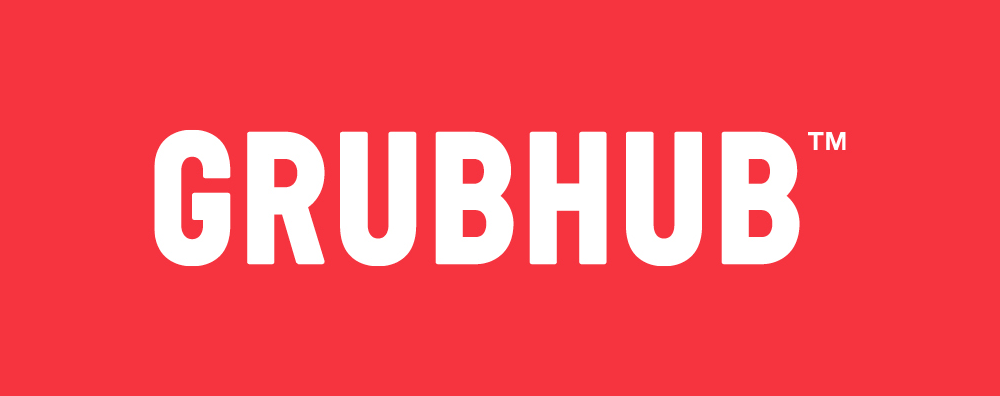Grubhub, the first public company in the third-party delivery space, announced its third-quarter earnings today.
The company announced earnings of 45 cents per share, beating consensus from Wall Street of 41 cents per share, a 10 percent beat. Topline revenues rose by 52 percent, driven skyward by a 40 percent increase in gross food sales.
The all-important active diners metric grew by 67 percent year over year to reach 16.4 million, up from 9.8 million in the third quarter of 2017. “Daily average grubs” (DAGs) rose 37 percent year-over-year to 416,000. That key stat shows that there are a significant number of regular diners using the company platform.
While the company acquired a significant number of diners in the acquisitions of Foodler, LevelUp and Eat24 last year, CEO Matt Maloney said they had seen an acceleration of organic growth as well.
They’re investing in a lot more growth, too, adding $10 million to the books to push into new markets. At the beginning of the year, the company said it would expand into 100 new markets through 2018, but has doubled its goal to 200 or “roughly” 280 markets as CFO Adam DeWitt said during the earnings call.
“We probably would have added that over the next year or two, we’re just accelerating,” said DeWitt.
That aggressive push, however, has slimmed earnings per delivery down from $1.75. But those earnings should return soon.
“We’ll grow profits per order over time, however we see substantial opportunity to create long-term investor value by making this investment now,” said DeWitt. “We expect to start seeing some efficiency in early 2019.”
The company also increased marketing spend across all outlets. And Maloney attributes the growth of active diners directly to that increased marketing, something both he and DeWitt talked about a lot during the earnings call.
“We added more than 800,000 active diners in what is typically a slower season for us,” said Maloney, noting the typical seasonal order decline between the second and third quarters.
As for future marketing, Maloney and DeWitt said to expect a big push with Yum’s Taco Bell and KFC in 2019, as more restaurants come on line.
They also spent a lot of time talking about the integration of LevelUp and Tapingo, the acquisitions the company made in July and September of 2018, respectively. Maloney said the products aren’t going to be fully integrated quite yet, but they’re working to integrate the restaurant-specific technology.
“The near-term main value is the POS integrations that LevelUp is leveraging for us aggressively,” said Maloney.
That puts the company in a new competitive set with point-of-sale integrators and sheds a layer of technology between Grubhub and restaurant operators.
The acquisitions also help Grubhub get close to the college student market. Tapingo, which integrates with college campus foodservice, could empower the brand to reach another 500,000 potential diners.
“Imagine college students ordering on Grubhub using meal plan dollars instead of a credit card,” said Maloney, noting that getting them early could keep them in the system. “Exposing these diners to the Grubhub brand early in their lives will allow us to build a relationship with these diners.”
The company also announced during the earnings call that COO Stan Chia, who has served as a public face of the brand, would be stepping down. Chia was named CEO of Vivid Seats, a Chicago-based online ticket reselling company.
Apart from the loss of the COO, a position Grubhub said it would not immediately replace, there was a lot of good news, but the stock still sank more than 10 percent. An announcement from Uber that it would soon cover 70 percent of the U.S., Grubhub’s high valuation, overall competition and modest earnings were factors. But the Wall Street volatility, especially among tech companies, could also be blamed.
Cowen analyst Tom Champion wrote that the profitability was a likely culprit, but that he remained hopeful for the stock.
“Although GFS and revenue beat expectations, the EBITDA result was light and looks low for 4Q even if we add back the incremental investment. However, the results are more ‘half-full’ in our view given GRUB appears to be going after a larger market opportunity,” wrote Champion in a first-look earnings note. “We believe the investment makes sense.”


